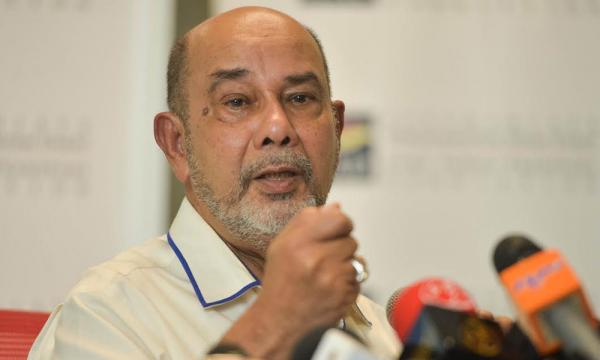As Malaysia and Singapore have agreed to meet next month to discuss the recent maritime boundary disputes, long-time politician and former foreign minister Syed Hamid Albar has some pointers for the Malaysian negotiators.
The 74-year-old said Malaysia needed to stand firm in its dealings and not fall victim to one-sided goodwill feelings that might be disadvantageous for the country in the long run.
“With Singapore, the things that we should learn is, don’t leave anything to interpretation. If you leave anything on the basis of good faith, of good neighbours, then you’re going to regret it,” he said when met by Bernama at his home in Kuala Lumpur recently.
“We should stand firm but at the same time, we should send a very clear message that we are interested to find a solution but not at the expense of Malaysia,” he said.
Syed Hamid also highlighted that the current issue (maritime boundary issue) might actually happen due to Singapore’s aggressive land reclamation in the area which began in 2002, at the time when he was the foreign minister.
Below is the excerpt of the interview with Syed Hamid in which he discussed the issue at length:
Malaysia and Singapore will meet in January to discuss this matter. What is your take on that?
I think we want to remain a very good neighbour to Singapore. We have to remain bilaterally, we have no choice but to work closely with Singapore. But at what cost, at what price? Singapore must learn that its neighbour need not share the same view or the same lighting all the time.
I think Singapore must learn to accept that Malaysia need not encapsulate their way of thinking all the time. I think they also need to learn to respect. We are also a country, we have got our constituency to answer to. They can't simply push. Of course, the bottom line is, we want both sides to be happy with this if possible. If not possible, it only affects our territory, our port, then they should not interfere.
But if we are going to be firm, won't Singapore take a firmer stand?
We cannot control what they want to do. We control what we want to do. In a situation, if you create a psychology of fear that the other side will be tougher, then all the time you will give in. I don’t think that is the right approach. We want to talk with them, we want to discuss with them but you cannot talk and discuss when you already have drawn a conclusion.
You have already made your position. That is not diplomatic talking, anyway.
Do you think we should remove our vessels as Singapore wants?
Are they removing their vessels? No. Then, we shouldn't. We have to protect our interests. Our vessels didn't encroach into their waters. It is in our waters, we want to protect ourselves. It’s always that in the case of Singapore, they want us to do something. They must do the same thing that they want.
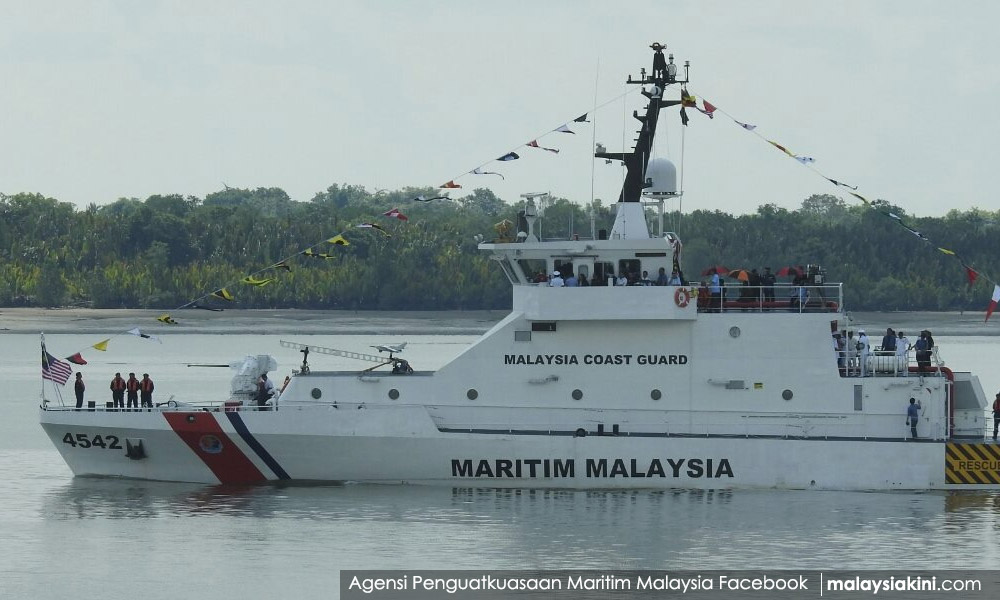
If they want to de-escalate the situation, they must not take a posture that shows as if they want the tension to be there. What can Malaysia do except to protect its territory, its borders. So, how can they ask us to move when they don’t move? As neighbours, we should be considerate with each other. I see that Malaysia is considerate, I’m not so sure about Singapore.
Did the land reclamation in 2002 lead to this problem today, with the Johor Port Limits?
Yes, because when we asked them to stop (the reclamation work), they refused. When they refused to stop, what alternative did we have? We would bring it up. I think we even took an injunction for them to stop while the issues were being resolved by the tribunal.
I think it’s a better outcome than if we had left it without doing anything. Malaysia lives to regret this mistake, we think that Singapore is more caring about its neighbour. No. It cares about its benefit.
We also have other issues with Singapore. What is your comment on that?
I’ve got the same view when it comes to HSR (high-speed rail). We should itemise what is mutually beneficial for Malaysia and Singapore. If that can be equalised, then it is just, otherwise having a good transport system doesn't serve our interest, it serves their interest.
It’s the same thing with ILS (Instrument Landing System). When Singapore needs our airspace, it has always been given on goodwill. The agreement is a goodwill agreement. Singapore needs an area for them to climb up for their flight path at the expense of our people.
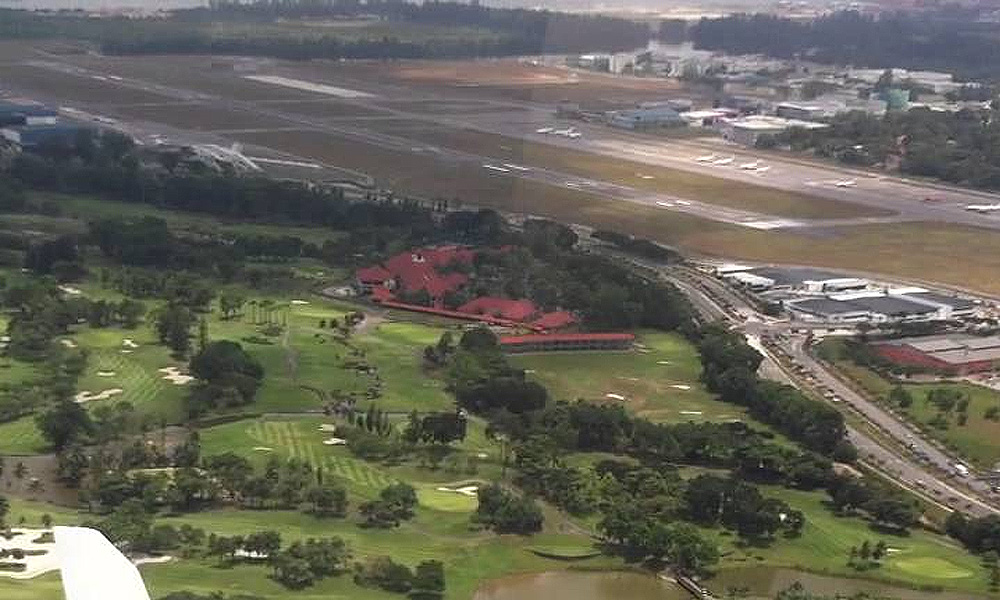
Now, they want to introduce ILS for Seletar Airport. When we say we don’t agree, they make an issue about it. They consider what they have done is technically correct under ICAO (International Civil Aviation Organisation).
Under ICAO, unfortunately at that time for Malaysia... Singapore because it is a service centre, they have always had the best facility so ICAO gave them control of the airspace of Malaysia and Indonesia... quite a big area.
I always argued then when I was minister of defence that Malaysia should build up its facilities. Malaysia cannot rely on a country, another country for controlling our area. But that one will take time and that required a long notice under ICAO procedure.
Something interesting pointed out by the Minister of Transport is that in accordance with the international law, the territorial sea of Singapore remained unchanged even when reclamation had been carried out almost to the outer limits of Singapore's territorial sea. What is your take on that?
Singapore always assumes that we do things without checking our facts or without checking our legal position. This is a very condescending view. I'm sure the Maritime Department, the Transport Ministry, they have got an issue on that. Because you must remember in 2016, when they measure, they also have included point 20 which is an overlapping claim with Malaysia.
It is a disputed area. Singapore should not have assumed that when they do their reclamation, they can take what we are still disputing. We have sent a protest. So, I think it is within Malaysia's right, to have their own viewpoint, on how their maritime areas should be calculated.
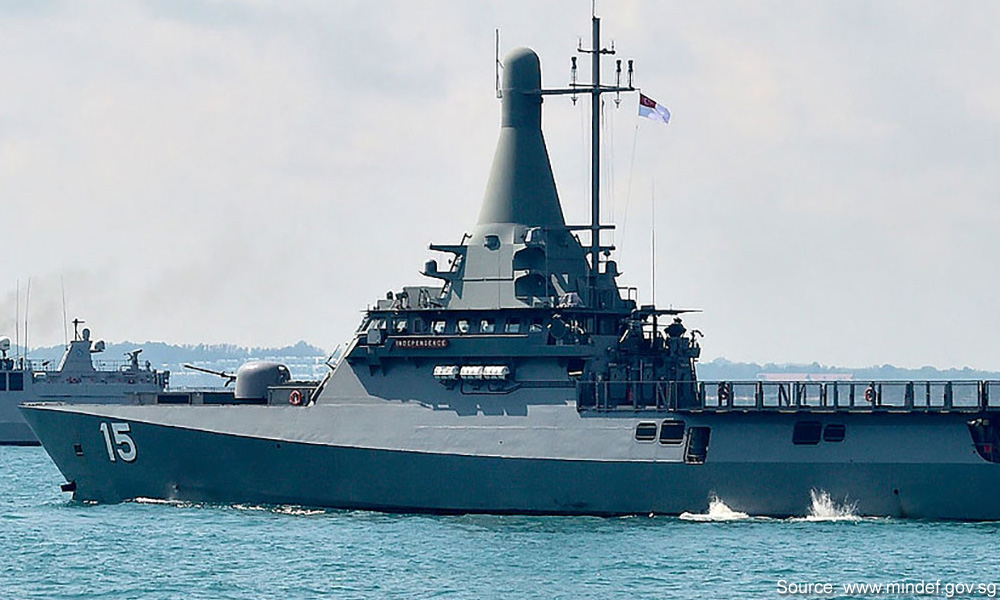
Now, it has become a matter of dispute. What has happened in the case of Singapore, they have taken a very aggressive approach. That is not the way to find a solution. If they have got an issue, or are not happy with anything, they can come and (talk), instead they warn us straight away.
We, when they encroached into our overlapping area, we sent our protest and when they don't listen to us, we brought it to the tribunal under the law of the seas’ arbitration. I think we expect Singapore to behave in the same way and I think in this particular case I would say that Malaysia's position is very clear.
As you mentioned, they have been aggressive, using words like “we encroached into their waters”. What is your opinion on the right step would be?
We know that issues that have got the possibility of conflict or disputes, the best way is through diplomatic channels. It shouldn't be through media that you want to find a solution. Singapore should have taken an approach that would allow for more constructive diplomatic discussion.
In this particular case, in my view, Singapore created the whole situation. I mean, if they have anything that is disagreeable with what we are doing to improve our port, then they should send notice to us that “we want to discuss” but if you so choose to go to a media war, then it's not going to produce results. We also have got to protect our interests, our sovereignty, our dignity...the most important thing is our dignity.
Not just their media, but their MPs and ministers have also been very outspoken.
You see, the difference between Singapore and Malaysia in terms of foreign policy approach, they take one position, they are like a pack. If the leader of the pack speaks, then all of the pack will. It's just like a pack of wolves. If the leader of the pack starts to attack, the rest of the wolves will come to attack the victim...
We want to know why, during the previous regime of Malaysia, there was a lot of give and take. Now, when we are trying to build a new relationship (under the new Malaysian government), they (Singapore) explode like this. I think we would like to know the motive, the agenda behind this sort of behaviour.
In your opinion, do you think they have other underlying motives for this?
I do not know. The way they’re going about it as if they have gone overboard, you know. Malaysia has always taken a very accommodative and diplomatic posture. Even in the last Asean Summit in Singapore, Dr Mahathir Mohamad was trying to build bridges of understanding and goodwill. That’s what we’re trying to do and I think in the case of our country, it is beneficial for us to get along with each other.
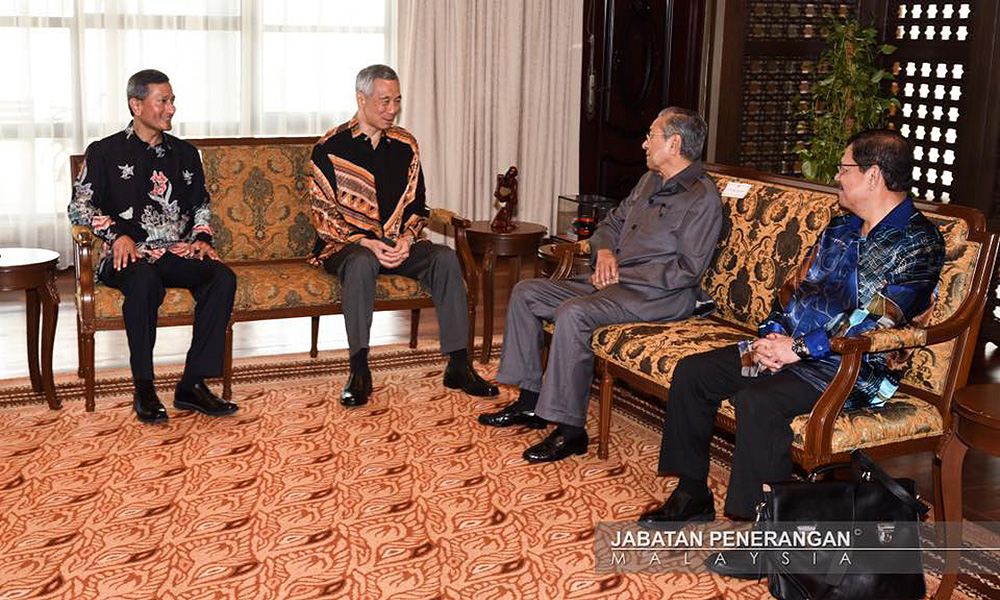
We don't choose our neighbours, the neighbours are there. We have no choice. So, Singapore also has to learn to live (with us) and that it must not only look at its own benefit. When you talk about win-win, it cannot just be for the benefit of Singapore alone, it must be beneficial to both sides.
In this particular case, what’s wrong in Malaysia wanting to improve its ports that have been adversely affected by Singapore’s (reclamation) work in the first place?
Some people say when issues arise between Malaysia and Singapore, it must be because the (Singapore) election is near. What’s your take on that?
In Singapore, there is a fear of what has happened in Malaysia, on the euphoria for freedom as well as democracy may overflow to Singapore. Their new generation is expressing a lot more openness. They started to question the government and now it’s no longer possible for you to block because people can operate from overseas.
They (may) want to follow their brother Malaysians who have decided to take a very radical transformative change. So, I think because of Singapore’s impending election, this may serve as a very good nationalistic issue. They (Singapore) always complain that when there is an upcoming election (on our part), we always have our nationalism and we bring up Singapore as a boogie. And isn’t Singapore bringing up Malaysia as boogie for all their problems?

